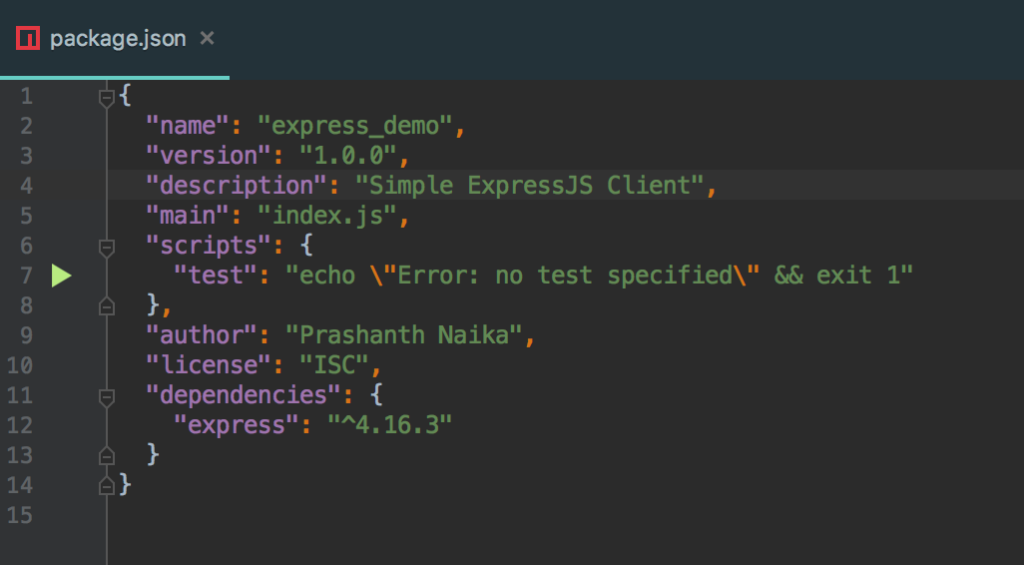Introduction
In 2025, web development continues to evolve, and Express.js remains a top choice for building fast, scalable, and efficient web applications. As a minimal and flexible Node.js framework, Express.js simplifies backend development while offering powerful features for modern applications. This blog explores why Express.js is a great choice for scalability and how developers can leverage its capabilities to build high-performance web apps.
What is Express.js?
Express.js is a lightweight and fast web framework for Node.js that provides a simple way to build web servers and APIs. It is known for its minimalist structure, allowing developers to add only the necessary components for their applications. With its middleware architecture, Express.js enables efficient request handling, making it ideal for large-scale applications.
Why Choose Express.js for Scalable Applications?

1. Lightweight and Fast
Express.js does not come with unnecessary features, making it lightweight and extremely fast. This ensures lower latency and quick response times, which are essential for high-traffic applications.
2. Asynchronous and Non-Blocking
Built on Node.js, Express.js supports asynchronous operations, meaning it can handle multiple requests at once without slowing down. This is crucial for scalability, as it prevents bottlenecks and enhances performance.
3. Middleware System

Express.js has a robust middleware system that allows developers to process requests efficiently. Middleware functions can handle tasks such as authentication, logging, and error handling, improving the application’s modularity and scalability.
4. Flexible and Extensible
Express.js provides flexibility to developers by allowing them to integrate various third-party tools, databases, and authentication mechanisms. This extensibility helps in scaling applications according to business needs.
5. Microservices and API Development

With the growing popularity of microservices architecture, Express.js is a preferred choice for developing APIs. It allows developers to break down applications into smaller services that communicate efficiently, improving scalability and maintainability.
6. Cloud and Container Support
Modern applications rely on cloud platforms and containerization (e.g., Docker, Kubernetes) for scalability. Express.js integrates seamlessly with cloud services and containerized environments, ensuring smooth deployment and performance optimization.
Best Practices for Scaling Express.js Applications

To maximize scalability, follow these best practices:
1. Use Load Balancing
Distribute incoming traffic across multiple servers using load balancers like Nginx or AWS Elastic Load Balancer to prevent server overload.
2. Optimize Database Queries
Efficient database queries reduce response times. Use indexing, caching, and NoSQL databases like MongoDB for faster data retrieval.
3. Implement Caching
Use caching solutions like Redis or Memcached to store frequently accessed data and reduce database load.
4. Enable Clustering

Utilize Node.js clustering to run multiple instances of your application, leveraging multi-core processors for better performance.
5. Monitor and Log Performance
Use monitoring tools like PM2, New Relic, or Loggly to track application performance, detect issues, and optimize resource usage.
Conclusion
In 2025, Express.js continues to be a powerful tool for building scalable web applications. Its lightweight nature, asynchronous capabilities, and middleware system make it an excellent choice for developers looking to create high-performance applications. By following best practices and leveraging modern technologies, businesses can scale their Express.js applications efficiently to meet growing user demands.
Are you ready to build your next scalable web application with Express.js? Start today and experience the power of this incredible framework!
Keywords: Express.js, scalable web applications, Node.js, backend development, microservices, cloud deployment, middleware, API development, best practices, web development 2025

